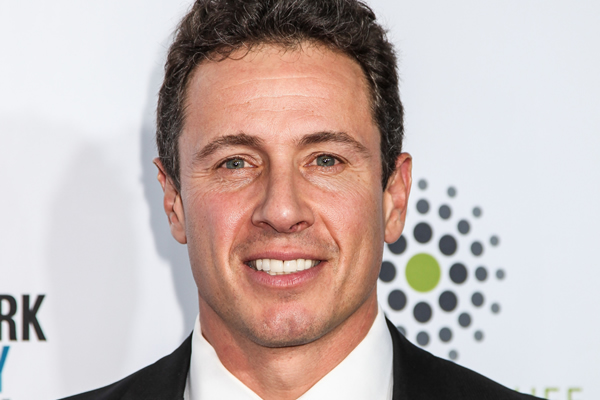
Transgender and nonbinary folk face a whole host of issues when trying to get medical treatment. One of those issues is gatekeeping, in which trans folk have to convince doctors and mental health professionals that they are the right fit and “trans enough” for hormones and surgery.
Medical gatekeeping occurs among trans women, transmen, and nonbinary folk (people who feel neither male nor female).
Currently, most medical guidelines for transgender folk are set out by the World Professional Association for Transgender Health, also known as WPATH.
WPATH is a nonprofit that was founded by a mix of medical professionals set out on a mission to regulate trans healthcare. WPATH is not a government institution, and has no connection to any state or federal legislative body. It also is not directly connected to a hospital institution. It is essentially a bunch of people who just came together to embark on a “savior mission” to presumably make sure that trans people are tended to medically.
The medical field has come to embody WPATH as the norm, and doctors adopt WPATH protocol when prescribing surgeries and hormones to us.
Unfortunately, WPATH mandates that trans folk have to receive letters from mental health caretakers before receiving testosterone or estrogen. During these visits with mental health professionals, transmen have to sit down on a couch and convince the therapist that they are sane enough, and “trans enough”, to go on testosterone.
While coming from a supposed place of “care,” WPATH standards are actually antiquated and harmful to trans folk, and especially nonbinary people, who have a hard time convincing mental health professionals that they are “manly” enough or “feminine” enough to receive care.
The truth is that all sorts of gender nonconforming folk—some not presenting as strictly masculine or feminine—have the right to receive affirming surgeries and hormones.
However, doctors often block nonbinary people from seeking these medical treatments. They do so out of an obsolete and bigoted notion that transgender people must conform to being either male (transman) or female (transwomen).
At Yale University, where I attended college, a doctor within Yale Health denied a nonbinary peer top surgery because they deemed them “not male enough.”
In addition to these horror stories, visits with mental health professionals are both costly and potentially traumatizing for trans folk. Many trans folk lack adequate money to pay hundreds of dollars to see a therapist, oftentimes out of pocket from insurance.
Additionally, we feel the need to conform to these therapists’ views of what is trans and what is not trans. In the process of doing so, we are marginalizing our own experiences of gender fluidity.
The solution to this issue of gatekeeping is something called the informed consent model. In the informed consent model, doctors and other medical professionals do not write letters for recipients of surgery and hormones. Instead, they read patients their rights, and inform them of the risks, liabilities, side effects, and benefits of hormone treatment and surgery. Doctors make a reasonable assessment, without mandating a letter, that the patient is fit for treatment.
Many trans positive clinics across the United States have adopted the informed consent model, mainly because they understand the toxic influence that gatekeeping has had on trans people already. These clinics are usually partly run by trans and queer folk. Whitman-Walker Health in D.C. and Callen Lorde Community Health Center in New York City practice informed consent.
The informed consent model will birth a new generation of trans patients who are not forced to prove their masculinity or femininity just to get testosterone, estrogen, or surgeries.
Already, doctors don’t require breast augmentation or reduction patients to get a letter from a mental health professional—so why should trans people?
It’s time for the medical establishment to reconsider WPATH standards in favor of informed consent. Doing so will greatly enrich the trans experience.
Isaac Amend (he/him/his) is a transgender man and young professional in the D.C. area. He was featured on National Geographic’s ‘Gender Revolution’ in 2017 as a student at Yale University. Isaac is also on the board of the LGBT Democrats of Virginia. Find him on Instagram @isaacamend.






